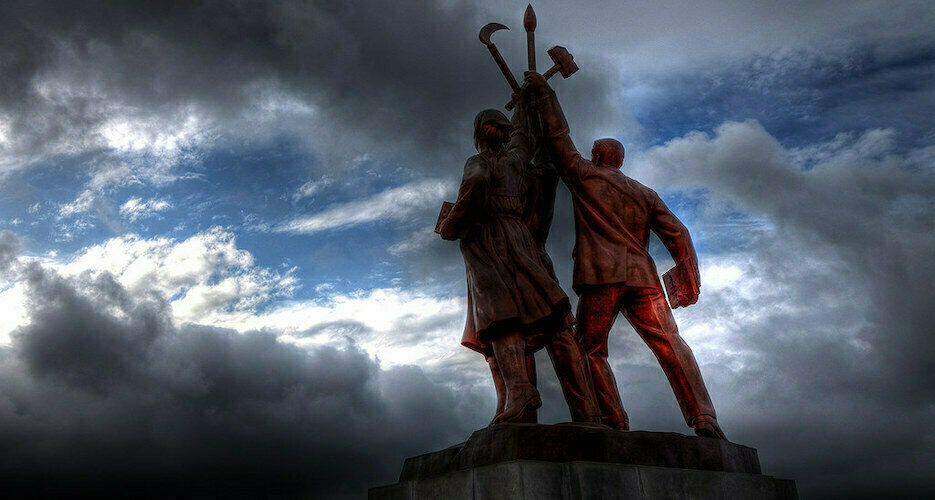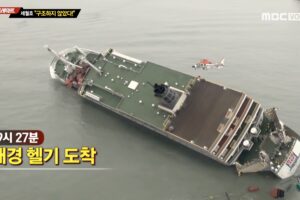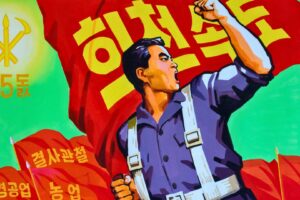The Prague Spring of 1968 was one of the most momentous events of the Cold War — a brief period of liberalization in Communist Czechoslovakia that ended when four Warsaw Pact members invaded the country, deposing the reformist government and installing a conservative Communist regime.
As these events were unfolding, a conservative high-ranking Czechoslovak diplomat named Horženevský (sources do not mention his first name) kept tabs from his post in North Korea. In 1968, he was second-in-command at the country’s embassy in Pyongyang, and while he does not appear to have written his true feelings in reports to Prague, declassified Soviet documents show that he spoke frankly to USSR diplomats of his opposition to the liberalizing developments back home.
The Prague Spring of 1968 was one of the most momentous events of the Cold War — a brief period of liberalization in Communist Czechoslovakia that ended when four Warsaw Pact members invaded the country, deposing the reformist government and installing a conservative Communist regime.
As these events were unfolding, a conservative high-ranking Czechoslovak diplomat named Horženevský (sources do not mention his first name) kept tabs from his post in North Korea. In 1968, he was second-in-command at the country’s embassy in Pyongyang, and while he does not appear to have written his true feelings in reports to Prague, declassified Soviet documents show that he spoke frankly to USSR diplomats of his opposition to the liberalizing developments back home.
Become a member for less than $4 per week.
Unlimited access to all of NK News: reporting, investigations, analysis
The NK News Daily Update, an email newsletter to keep you in the loop
Searchable archive of all content, photo galleries, special columns
Contact NK News reporters with tips or requests for reporting
Get unlimited access to all NK News content, including original reporting, investigations, and analyses by our team of DPRK experts.
Subscribe now
All major cards accepted. No commitments – you can cancel any time.










